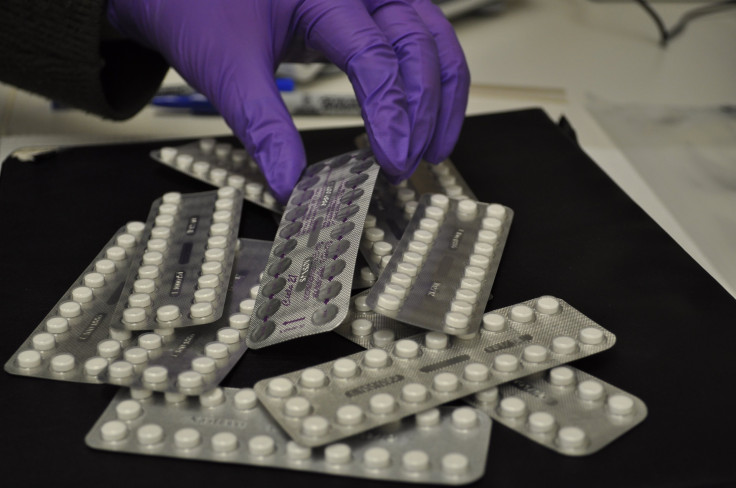Male Birth Control Pill: Will A New Form Of Contraception For Men Hit The Market Soon?

So your boys can swim but you'd rather they didn't. Contrary to popular wisdom, many men say they would gladly take a male version of the birth control pill to thwart unwanted pregnancies, so long as potential side effects are tolerable.
Elaine Tyler Mary, a professor of American studies and history at the University of Minnesota, wrote "America and the Pill," published in 2010, and thinks of birth control as a men's issue.
"Even though women are ones who get pregnant, men father the children and unless they're really irresponsible--certainly they can walk away, but most men don't--the decision of when and how to have children and how to support them is certainly mutual."
Researchers continue to work to develop a male version of "the pill."
May said development of the contraceptive has not been delayed by sexism but rather science. "Surveys show that men would certainly be willing to share responsibility for contraception, and the risks and the side effects if they were tolerable," she said. "But up to this point, there hasn't really been a pill that has [proved] to be tolerable and reasonable."
In 1960, U.S. regulators approved the combined oral contraceptive pill for women, a birth control method that fights biology with a combination of estrogen and progestogen. Taken orally, the pill mostly inhibits female pregnancy with a success rate of 92-98 percent over the course of a year. The pill is used by more than 100 million women around the globe, including nearly 12 million Americans.
Culturally, the contraceptive freed women from the confines of marriage and childbirth, separating sex from family. Now, many men would like the same peace of mind, without relying on condoms and potentially permanent vasectomies.
To that end, the U.S. National Institutes of Health has awarded Gunda Georg, a professor of medicinal chemistry at the University of Minnesota, a $4.7 million grant for the work. While previous efforts to develop a male birth contraceptive focused on testosterone, affecting mood and causing testicular shrinkage, Georg's work portends a product with greater marketing appeal. She and her research partners are using a non-hormonal compound intended to inhibit not the fertility of the sperm but its ability to reach the egg.
"What we're doing is trying to slow [the sperm] down," she said. "It's a particularly nice way of thinking about it--immobilizing the sperm."
The non-hormonal compound, called H2-gamendazole, would cause developing sperm to be released by the testes prior to maturation, effectively hobbling them at the starting gate.
Georg said she and her team plan to request FDA permission for clinical testing, remaining optimistic about the approach.
"I grew up in the '60s, when the Pill first appeared," Georg said of her early interest in contraception. "You wouldn't think you'd want to burden all the women--that men should be able to participate, as well."



























